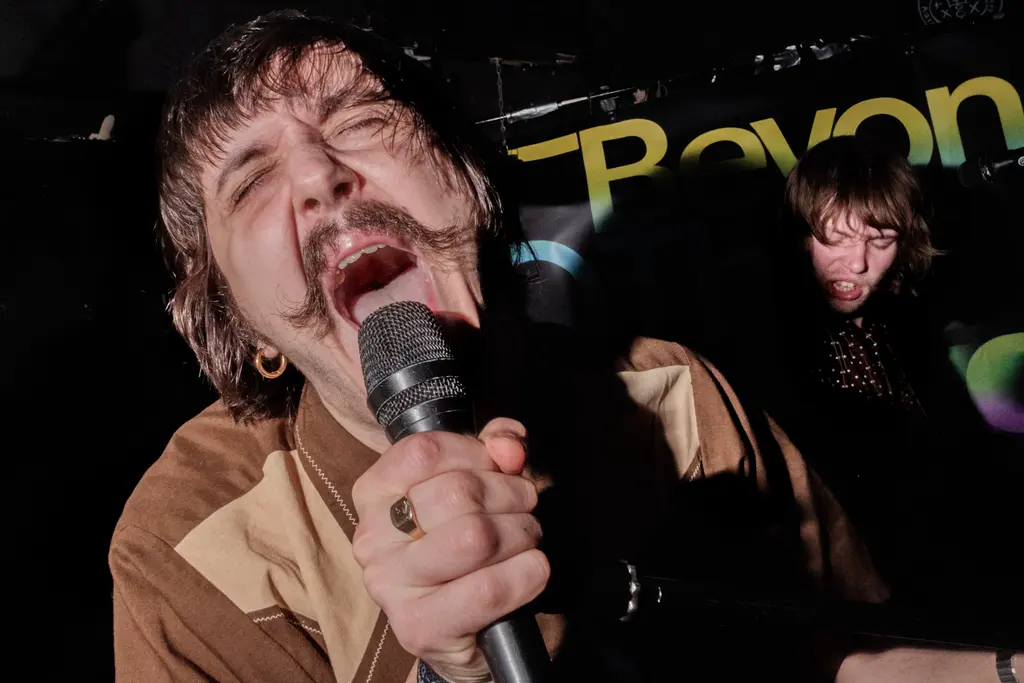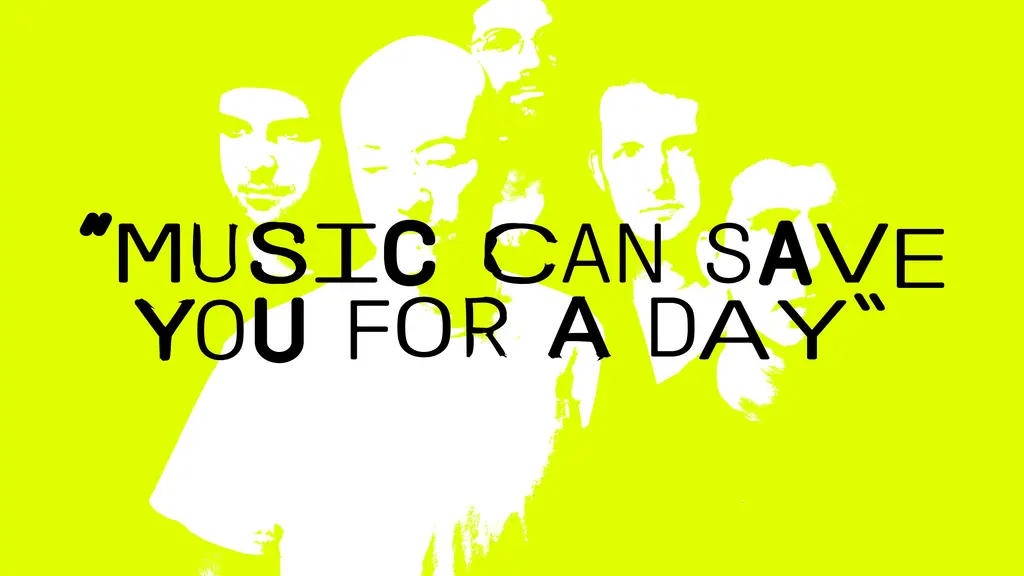Joining the dots with poet and singer Arlo Parks
- Text by Mike Fordham

19-year-old West London singer-songwriter Arlo Parks writes beautifully melodic, incisively poetic music that evokes the complex longings of generation Z. Subject matter ranges from mental health struggles and ambiguous relationships to the confusions invoked by social media saturation. Signed to open-minded indie label Transgressive, in the last few weeks of London’s Lockdown she has been using her time to craft a debut album. “The label has really given me the space to do what I want to do,” she says.“It’s nice to have a deadline, something to work towards.” On the latest episode of our Joining The Dots podcast, Arlo Parks shares with us how she has built a sense of community through music.
On storytelling
“By nature, I am an observant person. I look at the lives of the people around me and pay attention to what’s going on with them. I definitely have the urge to tell stories. I think from reading a lot and honing my voice and learning to be concise I’ve always been interested in creating imagery. Wherever I am has happened because of practice. I do it pretty much every day. With that has come a level of knowing myself and a certain level of being able to communicate how I’m feeling.”
On reading
“I just finished reading Giovanni’s Room by James Baldwin. I found it very tender and beautiful. And I loved the exploration of Paris, as that’s where my mum grew up. I’m also reading a lot of philosophy. My brother gave me a guide to existentialist philosophy, which I think is [quite relevant] to the situation we’re in. I have been reading a lot more lately.”
On being an outsider
“My mum is half French and half Chadian, and my dad is Nigerian. I grew up in West London, and have lived in the same house all my life. When I was younger I took refuge in writing, and I think that made me gain confidence and helped me process things. The school that I went to I was one of only three other Black people, so I always felt a bit of an outsider there, too. As I got older I focused on that a little bit less and tried just to not fit into the mould – I became comfortable in myself.”
On digital nativity
“Things like YouTube have meant that I have had access to all sorts of older music. There’s old tapes of Nirvana playing live, interviews of artists and poets and authors that were alive a long time before I was. It allowed me to access a whole universe of information creatively that maybe I wouldn’t have if I didn’t have the internet.”
On being recognised
“It feels to me as if I’ve been working for a while. There is an element of luck to it. I like to think it’s because I’m making music that is honest and genuine, and that people can see that. Maybe that’s naive. Maybe it’s just the universe. The songs I’ve recorded have been cut in bedrooms, living rooms and Airbnbs – I haven’t been given millions of pounds and these sick studios. It has just been me figuring it out. It’s definitely a DIY story.”
Listen to Joining the Dots on acast, Spotify, iTunes, or wherever you get your podcasts and be sure to subscribe to get each new episode delivered straight to your feed.
Enjoyed this article? Like Huck on Facebook or follow us on Twitter.
You might like

Two years since Patagonia’s founder gave everything away, what does it mean now?
The Announcement — In 2022, the outdoor clothing and equipment brand’s billionaire owner Yvon Chouinard revealed that he was handing his entire company over to fight the climate crisis. Now, podcaster Matt Barr has released a deep dive into the seemingly seismic move, and we caught up with him to hear about his findings.
Written by: Isaac Muk

The Chinese youth movement ditching big cities for the coast
In ’Fissure of a Sweetdream’ photographer Jialin Yan documents the growing number of Chinese young people turning their backs on careerist grind in favour of a slower pace of life on Hainan Island.
Written by: Isaac Muk

Did we create a generation of prudes?
Has the crushing of ‘teen’ entertainment and our failure to represent the full breadth of adolescent experience produced generation Zzz? Emma Garland investigates.
Written by: Emma Garland

How do you solve a problem like the music industry?
Beyond the Music is a conference and grassroots festival bringing together people from across the industry to try and grapple with the biggest issues facing it.
Written by: Ben Smoke

“Music can save you for a day”: Touché Amoré on social media and subcultures
To celebrate a new album and reflect on a decade and a half of being themselves, frontman Jeremy Bolm chats about opening up via lyrics, subcultures in the internet age, and the hardcore re-revival.
Written by: Isaac Muk

The activists fighting the mental health crisis
Micha Frazer-Carroll examines the way the mental health crisis has escalated in the last five years and meets those organising to end it.
Written by: Micha Frazer-Carroll

